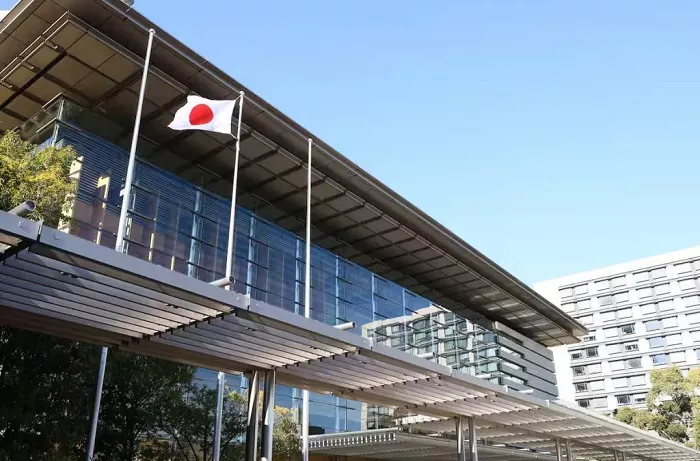Japan is preparing to strengthen controls over immigration, welfare access, and land ownership concerning foreign residents, aiming to curb abuse and modernize outdated systems. A draft of the government’s Basic Policy on Economic and Fiscal Management and Reform, expected in mid-June, calls for comprehensive reforms to align policies with the realities of a globalized society, according to multiple government sources as of June 5.
The policy emphasizes fostering a more “orderly and harmonious society” by improving coordination among ministries overseeing foreign labor and welfare programs. It also highlights the need to upgrade national and local data infrastructure to better manage information related to foreign residents and ensure transparency in administrative processes.
Immigration Controls and Electronic Travel Authorization
To tighten immigration oversight, the government plans to introduce an Electronic Travel Authorization (ETA) system by fiscal 2028. This system will centralize traveler data from entry to exit, improving monitoring capabilities. Alongside this, visa and immigration-related fees will be reviewed and adjusted to meet international standards.
Digital technology will also be employed to eliminate illegal overstayers through enhanced enforcement and deportation measures. Specific sectors and intake targets will be defined for foreign labor programs such as the Technical Intern Training Program and the Specified Skilled Worker system.
In addition, the government plans to tighten regulations on foreign driver’s license conversions, introducing stricter address verification and more rigorous testing requirements for applicants.
Addressing Welfare “Free-Loading” Concerns
The draft policy targets what it describes as “free-loading” by foreign residents who access welfare and public health insurance without contributing fairly. Data from the Ministry of Health, Labor and Welfare reveals that only 63% of foreign-headed households paid into Japan’s national health insurance system between April and December 2024, compared to 93% among all households, including Japanese.
To address this, the government plans to accelerate nationwide data collection on unpaid premiums and medical expenses to better screen foreign residents. Child allowances and school subsidies will also be reviewed to ensure they are distributed based on actual household conditions and educational needs.
Enhancing Land Ownership Transparency
The draft further proposes increasing transparency in land ownership nationwide, particularly regarding foreign nationals. The government aims to improve ownership records and databases, reflecting trends in foreign investment. Measures will also be strengthened to tackle criminal activities and nuisance behavior linked to tourists and short-term visitors.
Japan’s proposed reforms signal a concerted effort to modernize immigration and welfare systems while balancing economic needs with social stability and public trust.
Related topics:
- ICE Detains Immigrants During Surprise Check-Ins in Birmingham and Gadsden, Advocates Report
- Trump’s Immigration Policies Target Migrant Children and Their Caregivers, Advocates Warn
- US Immigration Officers Instructed to Arrest More People Without Warrants


